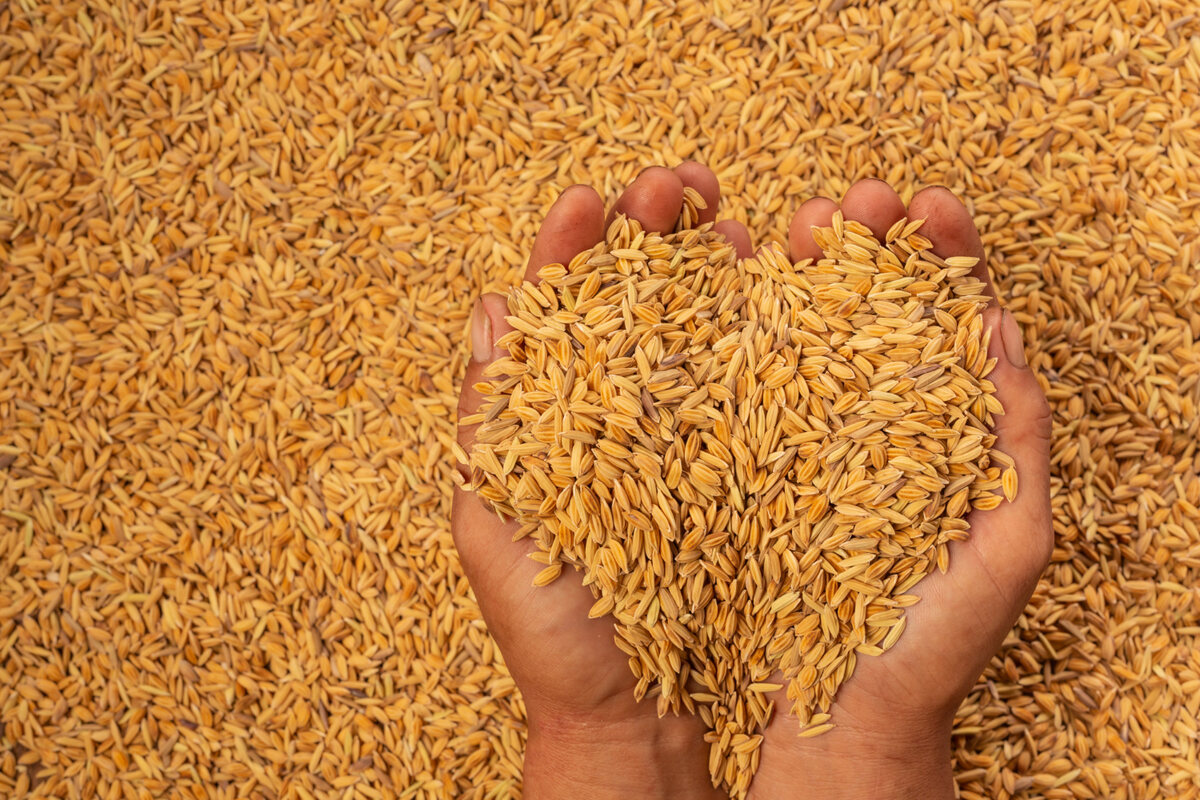Call Anytime
+234 811 666 6111The Role of Rice Cul

Rice cultivation plays a pivotal role in the economic growth of many countries, particularly in Asia and Africa. As a staple food for more than half of the world's population, rice not only supports food security but also drives economic activities in numerous ways
Employment Generation
Rice farming is a major source of employment, especially in rural areas. It provides both direct and indirect job opportunities, ranging from farming and harvesting to processing and distribution. This employment generation helps reduce poverty and supports socio-economic growth by providing steady income streams for millions of households
Food Security
Ensuring food security is one of the primary benefits of rice cultivation. As a major food crop, rice is essential for the diet of billions of people. Reliable rice production helps stabilize food supplies and prices, contributing to overall economic stability and resilience against food crises
Economic Sustainability
Despite challenges like inconsistent policies, climate issues, and poor funding, rice farming remains economically sustainable. With advancements in agricultural technology and increased mechanization, rice yields can be significantly improved. This not only boosts production but also enhances economic growth by increasing the efficiency and profitability of rice farming
Commercial Importance
Historically, rice has been a key commercial crop in many regions. For instance, in Ghana, rice was a major commercial food crop as early as the 17th and 18th centuries [2]. The trade of rice not only supports local economies but also contributes to national GDP through exports and market activities
Research and Development
Investment in rice research and development is crucial for improving crop yields and developing sustainable farming practices. Research helps in addressing challenges such as pest management, water use efficiency, and soil health, which are vital for maintaining the long-term viability of rice farming
Conclusion:
Overall, rice cultivation is integral to economic growth, particularly in developing regions. It supports employment, ensures food security, sustains economic activities, and drives commercial trade. Continued investment in research and mechanization will further enhance the economic benefits of rice farming, making it a cornerstone of agricultural development and economic prosperity

0 comment